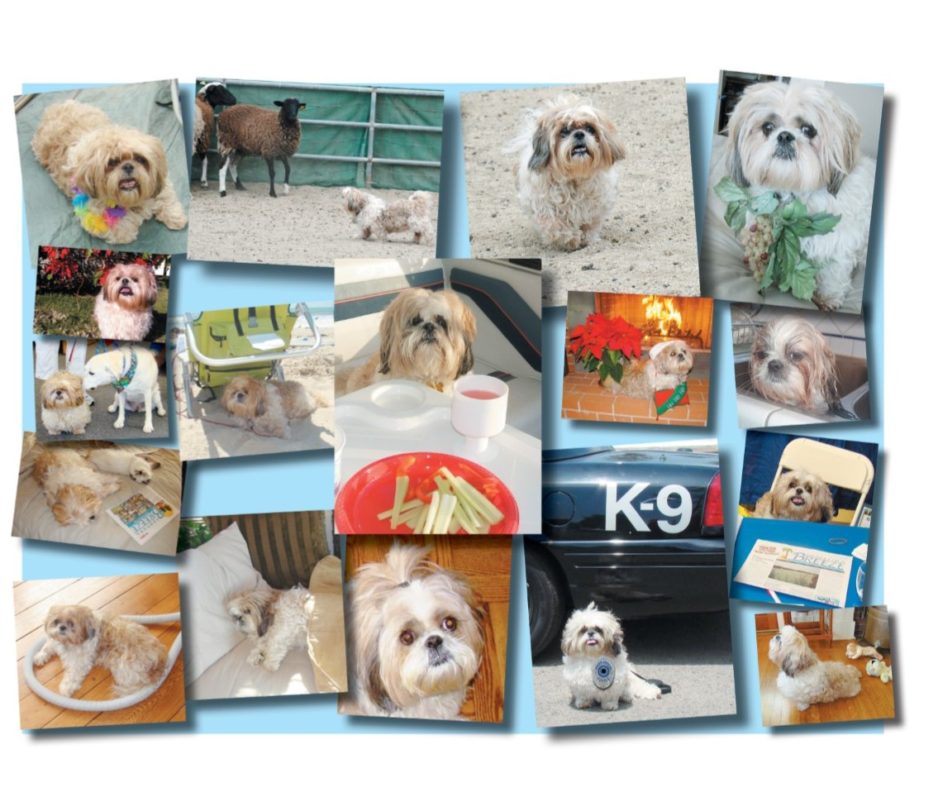Remembering Professor Scamp 2002-2017
 • SPAN Thrift Store is providing $10 spays and neuters for low income cat and dog friends.
• SPAN Thrift Store is providing $10 spays and neuters for low income cat and dog friends.
Albert H. Soliz Library – El Rio, 2820 Jourdan St., Oxnard, 93036 on Friday, April 20th.
Please call to schedule an appointment 584-3823.
For the homeless April 27 at 110 N. Olive, Ventura.
• Favorite dog breeds in America
by: Victoria Usher
Labradors continue to be America’s most popular purebred dog for the twenty-seventh year in a row. German Shepherds come in second place, Golden Retrievers come in third place, and Frenchies come in fourth place according to the American Kennel Club (AKC) rankings.
After that the Bulldog is fifth, the Beagle is sixth, the Poodle is seventh, the Rottweiler is eighth, the Yorkshire Terrier is ninth, and the German Shorthaired Pointer is tenth.
The versatile, sociable Labrador has had the longest-ever reign as the top dog. The French Bulldog went from being in the seventy-sixth spot to being in the fourth spot in just twenty years and the downsized Bulldogs with the pointed ears have become a favorite among city dwellers who value compact, relatively quiet dogs. Both the Siberian Husky and the Australian Shepherd have also jumped into the top twenty in the last decade.
The American Veterinary Medical Association (AVMA) have estimated that there are about seventy million pet dogs nationwide and that there are over seventy-four million pet cats nationwide. Animal-rights activists say that purebred fads drive puppy mills, consign other dogs that are not purebred to shelters, and prioritize looks over health. The AKC argue that breeding preserves specific traits that can actually be helpful to police when picking K-9s or helpful to households when choosing suitable pets. But whether purebred or mixed breed, “the most important thing is that you love the dog that is yours and that you responsibly own it and care for it,” says AKC spokeswoman Gina DiNardo.
• Cesar’s dog training advice: “My dog is eating feces” JoAnn
Dear JoAnn,
Eating feces is normal with many different animal species. In dogs, it is not part of the digestive process, but it is a normal cleaning behavior in mother dogs with pups. Some dogs eat stool even without puppies in a misguided attempt to clean either the yard or their kennel. This can easily turn into a habit.
Malnourished dogs who lack nutrients in their diet or are unable to digest the nutrients in their food may resort to eating partially digested food in poop in order to meet their nutritional needs. Consult your vet about the best diet for your dog, and also to rule out any existing medical problem associated with coprophagia, the scientific name.
After addressing dietetic needs, and ruling our medical conditions, you’ll have to break the habit. There are two approaches to stopping the behavior. The most common approach is to use either Adolph’s meat tenderizer or a product called “For-bid”. These products are supposed to give the stool a bitter flavor when eaten. In my experience, these products are only successful some of the time. Another approach that may work better is to find the stool in the yard and cover it with a hot sauce, such as Habanero sauce, that will be uncomfortable to eat but cause no real damage.
Dr. Sherry Weaver
•Let’s face it, dogs are territorial animals by nature. They like to protect their territory, their family, and their belongings. Territorial marking is different from urination because it is only a small amount to make other dogs aware that this is their territory. When people notice that their dog has been marking around the house, it is not usually done out of spite, but out of insecurity.
For a dog, this insecurity may be a sense that their area is under siege by another person or animal inside the house, or even outside in some cases. Territoriality is not always a bad thing, but it is definitely bad for your home, because it involves urination around things or places that “belong” to the dog; exposure to the scent later can also trigger re-marking. What you can do about it in the next issue.

